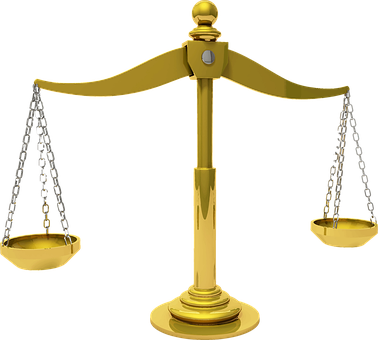B. M. Ltd. v. Woermann-Line [2009] 13 NWLR (Pt. 1157) 149 at 186, per Adekeye, J.S.C.:
Blogger’s Note:
In actual fact, any pronouncement of a court of law on a piece of legislation remains the law until set aside on appeal. However, the lawmakers may not decide to amend such legislation based on the pronouncement until the Supreme Court has either pronounced on it or considered the interpretation given by the lower courts. Therefore, as a final court, its decision on the legislation would surely require an amendment of the legislation by the legislature for it to be upturned.
In the same vein, where the Supreme Court reaches a decision, the legislature may legislate on it in order to render the decision inoperative. For instance, the case of Amaechi v. INEC [2008] 5 NWLR (Pt. 1080) 227 (where the Supreme Court declared Amaechi winner of an election he did not participate in for some reasons) led to the amendment of the Electoral Act 2006 to include Section 141 in the Electoral Act 2010 (as amended) which provides that ‘an election tribunal or court shall not under any circumstance declare any person a winner at an election in which such a person has not fully participated in all the stages of the said election’. For recent discussions on this, click here.














